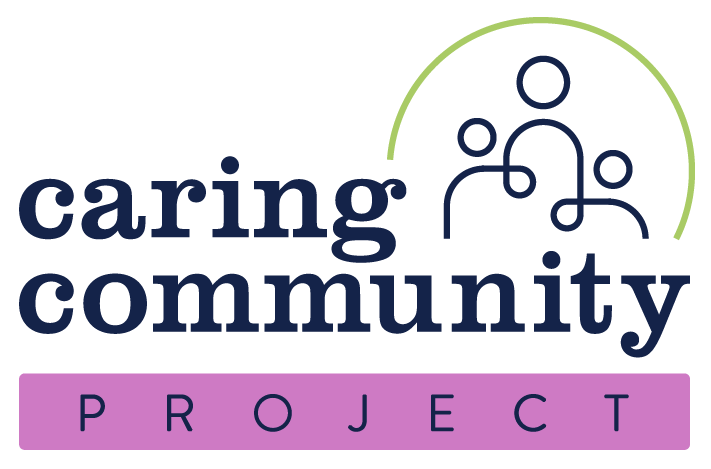
Fostering Relationships with Young People Overview
This page provides an overview on how caring adults can talk about mental health while supporting young people
THE ROLE OF A CARING ADULT
Young people need a caring adult to reach out to for support in order to build resilience (the ability to adapt to difficult situations). Youth may face a range of difficult situations, from stress related to social media use to toxic stress from abuse or overwhelming adversity, which can be managed with skills and practice. A strengths-based mindset focuses on building resiliency by having caring adults build upon the youth’s positive qualities and foster overall healthy development, rather than focus on deficits.
Important: The teenage brain is still developing, making skills like managing strong emotions and controlling impulses more difficult. It is normal for teens to engage in risk-taking behavior and struggle with decision-making skills.
⚡Quick Tips⚡
Create an environment of supportive and honest communication. It’s okay to let the young person know it’s a hard thing to talk about (for both of you).
Caring adults help young people develop skills in planning, managing their behavior, and adapting to life circumstances.
BUILDING A RELATIONSHIP WITH A YOUNG PERSON
Trust is the most critical ingredient in building a relationship with a young person. Trust is built in actions and words.
Caring adults need to be consistent in how frequently they communicate with a young person, follow through on their promises, and uphold personal boundaries. Adults can build trust by practicing active listening, being curious about topics important to the young person, and asking for feedback on how to be the best source of support. Adults can show care through their actions by reaching out (even if the young person does not reciprocate), offering opportunities that are challenging to them and push them outside their comfort zone, and role-modeling conversations about vulnerable topics, like mental health.
⚡Quick Tips⚡
Be a role model by being consistent and taking the lead in reaching out to the young person.
Try not to get too discouraged or frustrated if a young person doesn’t reach back out to communicate.
If you have any personal boundaries, express them to the young person (e.g., not taking calls during work or after a certain time)
COMMUNICATION SKILLS
When checking in about a young person's mental health, caring adults should expect to be patient and have multiple conversations over time. You don't have to ask about mental health directly but can use a question like " What is on your mind lately?" to approach the topic. Don't promise confidentiality, because you may have to tell another adult if the young person is at risk of hurting themselves or others.
It’s always good practice to thank the young person for sharing with you and follow up on what you've discussed in the near future.
⚡Quick Tips⚡
Make sure there is adequate time for the conversation in your schedule so the young person can talk for as long as they need.
Remember to have reasonable expectations for when you initially raise the topic. Discussing mental health concerns often takes place over time and multiple conversations.
Self-reflect on what topics you are willing or comfortable talking about. For example, self-reflect on your willingness to discuss topics like substance use, sex, or other sensitive topics.
WHAT TO NOTICE AND ADDITIONAL RESOURCES
Getting to know a young person's typical behavior will help you know when their behavior changes in a major way. The following are examples of negative changes to your young person’s mental health:
withdrawing from relationship
lack of interest in activities they used to enjoy
major changes in things like appetite, hygiene, or sleep
Important: If they are having thoughts of harming themselves or others, take immediate action to get professional help. Support them in their treatment plan.
⚡Quick Tips⚡
If you do need to share information with others, try to involve the young person
Create an environment of supportive and honest communication. Let the young person know it’s a hard thing to talk about (for both of you).
Tell the young person you care about them and want to help. Once you’ve talked about your concerns, a possible next step is to talk about a variety of ways to get support
Pay attention to your young person’s needs, support their treatment plan if they want this, and let them know you’re there for them.
CLICK HERE TO DOWNLOAD THIS OVERVIEW
This guide was written in collaboration with Silver Lining Mentoring to help caring adults hold supportive conversations and approach conversations about mental health with young people.





